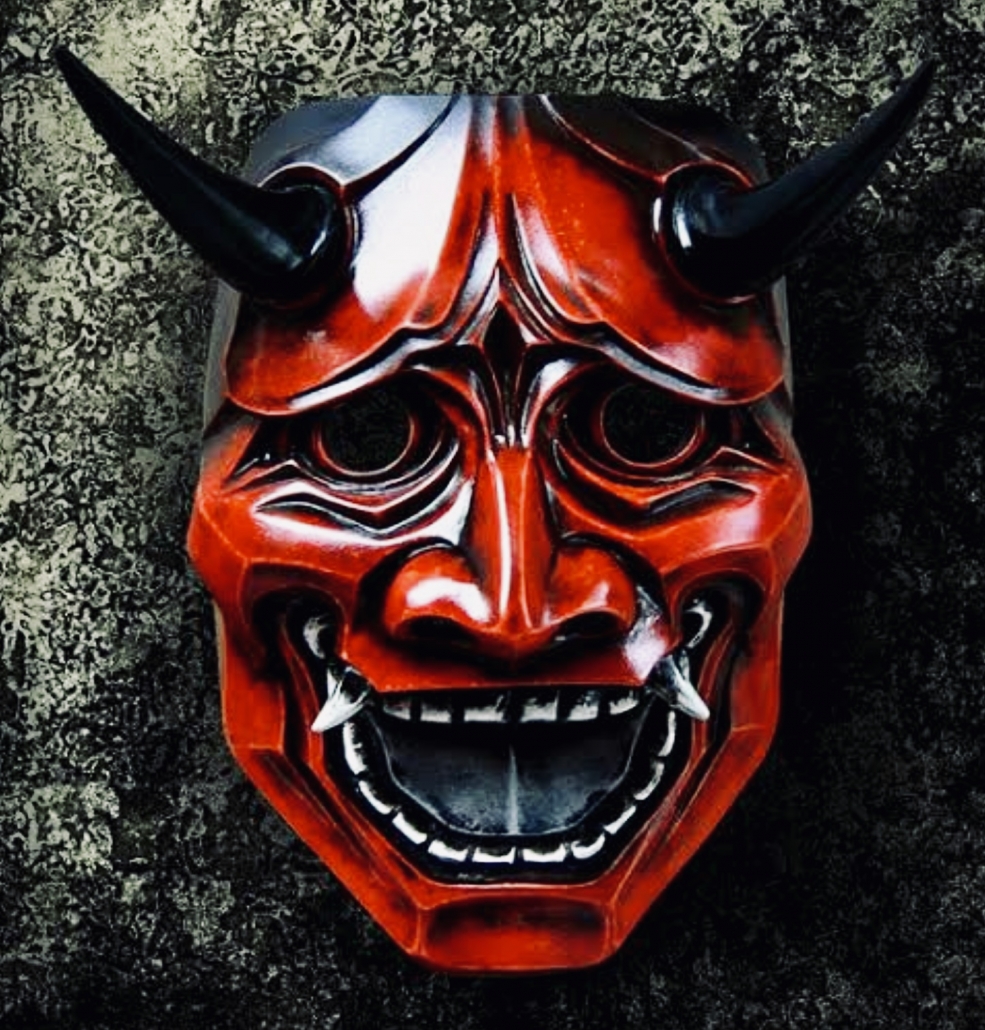Where’s the Dog, Ma? A way to fix the current Aiki Crisis

Ueshiba sensei said, “Aikido is 95% perspiration and 5% philosophy.” By saying that, I have said everything.” (A. NOCQUET)
It has happened to the art that I love. I suppose that it has happened for quite a while now, but it took a lot of time to actually understand how this came about. I was raised in a strict Pentecostal household, attending church 7 times a week, I have seen first hand the transformative and zealous fervour created by attachment to dogma. I have unfortunately also seen the negative effects that such zealots can have on those that don’t share the same values and ideals proposed by the self imposed leader of such cults. Passive aggressive inference means that non compliance leads to ostracisation, ridicule and bullying. Love is replaced by revenge, peace by psychological violence, harmony with discord and so on.
The art of Aikido has been overtaken by the zealots, and the Experience of Aikido has been replaced by intellect.
Dogma and ideology appeal because it is easier to attach to the philosophy than it is to do the work to become the philosophy. The art was supposed to be about the self, about understanding that self by experience, by working through breaking down the ego self during the experience.
When the art becomes more than the action,
Aikido becomes the institution that the training was supposed to destroy.
“Aikido isn’t a religion, it completes all religions” (O’Sensei) because the experience of aiki replaces dogma and ideology.
True experience rejects all forms of dogma.
Dogma provides a shield for the weaknesses of the ego to thrive – fear, ignorance, arrogance and deception are the actual virtues propagated by such an approach, though those propagating will tell you exactly the opposite of this.
In this paradigm, charisma and intellect define mastery rather than actual ability. We only need to look back 80 years or so to see how devastating an effect a good orator can have on the collective minds of a nation for evidence.
In history those with actual ability have existed on the fringes of society, the face they put forward to the world doesn’t possess the mask that the dogmatic hide behind.
The dogmatic approach creates acolytes that pay homage to the dogma rather than having an environment where the experience can instill in the student their own realisation.
The method becomes the training, and words replace actions. Intellectualising what Aikido is without experiencing what aikido could be is a sickness of the mind.
Dualistic rationality becomes par for the course.
Analogy and metaphors infer a state of subjective understanding that, within their very nature, promote a segmented detached reality of understanding.
“ I can relate to that”…. but the “that” that is relatable isn’t the experience it relates to, which is only truly comprehended by the one that has had the experience.
What “isn’t” is superimposed over what “is” and taken for fact, but the experience can never be separated from the one experiencing, it is a formed symbiosis, a type of communion or agreement that isn’t shareable in any measurable way with someone that hasn’t had the experience for themselves.
I can describe water to someone that has never seen it, but to truly understand the “wetness” of water, one has to experience that for themselves.
Those that don’t understand the experience defend with extraordinary passive aggressiveness their right to institutionalisation. They claim, through references to obscure passages – written or spoken, then taken out of context – to be passing on the one truth of Aikido – their truth.
They claim without any evidence that training in Aikido can create such absurdities as world peace(never happened in the known history of the planet), harmonious society, harmonious relationships, great business relationships, love of all beings, reconciliation of man and many more ideological socially acceptable current trends. Aikido in business, Aikido principles for life, Aiki philosophy for de escalation of violence usually having never truly experienced violence, these are the catchphrases and pitfalls that now exist to detract the trainee on their journey through the Aikido world.
They start society’s, groups and fan clubs, positioning themselves to prove they can enhance current acceptable social values such as emotional intelligence or mindfulness, using catch phrases like collaboration, integration, exploration and harmonisation to lure new acolytes to the path of their perceived wisdom. they can nearly always validate their dogma by making sure that many speaking on important subjects have the intellectual equivalent of a Shihan level, a PHD.
This PHD adds strength to the positions that they take on their interpretation of how Aikido is to be done. I would argue anyone that has dedicated their lives to the experience of Aikido to the level of mastery hasn’t had time in their life to get a PHD on any other subject, because mastery of the art of Aiki through experience takes great time and great sacrifice.
They claim a traditional martial art yet reject as outdated the very training methods traditions and social environments that created the great teachers of the past whose pictures hang on their walls, and whose quotes they throw around to justify their standing. Just as religious zealots justify violence in opposition to dogma, they are the very hypocrites that use such things as a shield to hide behind their lack of actual experience.
They reject the experience that these people had and replace it with the knowledge these people gleaned from the experience as the actual experience.
The Confucian ideology that all Japanese were grounded in had absolutely nothing to do with harmony of all fellow humans (what size ego do we have to have to believe that such a concept, unrealised by any great spiritual master in history, can actually be accomplished through the art of Aikido), but rather the change of oneself.
The change in oneself, the family, the city, the region, then the country was what the aim was supposed to be. Aikido is about harmony for sure, but of the self, the first step, learnt in the experience of Aiki, in the experience of the true role of uke and how that role then leads to the accumulation of the wisdom of how to do Aiki.
Your dogma will not change the world, just as the dogma of Christianity, Islam, Buddhism and any other religious practice you care to name hasnt managed to bring peace to the world. Instead of helping create a better world, you have done the opposite by creating another dogmatic attachment then bolstering your position by inviting others of mediocre understanding to validate a position that should never have existed separate from the experience.
On the mat, in teaching and in training talking has replaced hard work. Great orators love the sound of their own voice, love to share their wisdom, and gladly tell you how long they have trained in the art to assure their place at the top of the pile.
How can anyone argue with such a font of wisdom accumulated over many years of training?
Fortunately those in the know realise in no human endeavour ever – does time equate to ability – except, extraordinarily and uniquely, they will insure you, in the art of Aikido.
No one needs to have their training in Aikido justified by adding philosophical/religious/spiritual connections.
The act is, and of itself alone, enough to justify the doing.
When experienced the way the founder intended, through Misogi(ukemi), through tanren(heat and pressure), through Shugyo(arduous repeated training and diligent effort) aikido doesn’t need dogma and institutionalisation, it frees itself totally from the need for such base human attachments. At one time or another all practitioners will be given this choice, given an invitation to join the zealots or be ostracised, to make do with the experience, or to give up on it entirely.
In the current world the internet has become the platform from which these zealots ply their trade, a pulpit from which they reach out to a global audience with beautifully edited videos, workshops and group expert panel discussions on any dogma deemed appropriate in current social circles.
As human beings with any moral virtues, love, peace, understanding, goodness, meekness, righteousness and gratitude should occupy space in our lives. These are not what Aikido brings to the world, but what it hopes to enhance in you. In rejecting the current trend towards a more philosophical pseudo-intellectual, dogmatic Aikido the art can be preserved for future generations to have and live in the experience. Supporting current trends means the art morphs to become an anti- art, and I propose the opposite of what the founder intended when he himself proposed the experience.
Stand strong in the face of increasing opposition, resolute in commitment to define the self through the experience of the art, and not fall before the false Gods on the way to your promised land….

